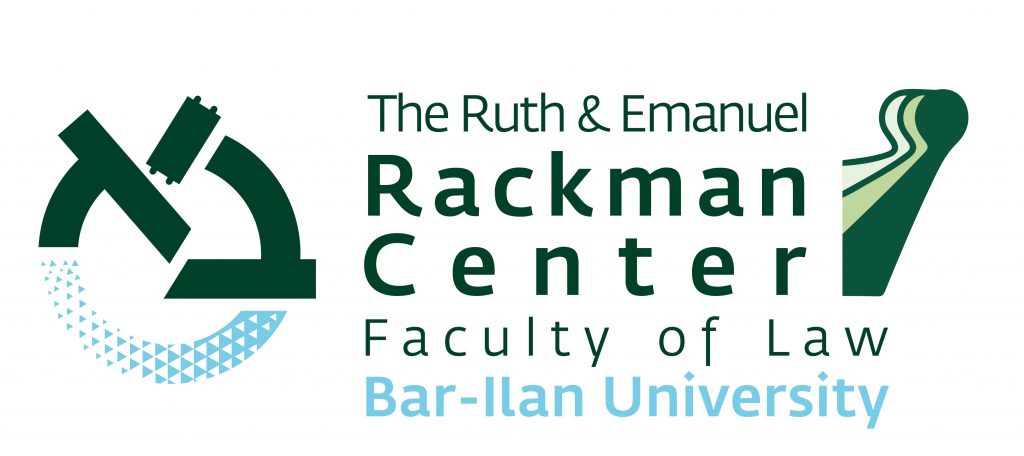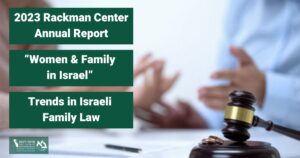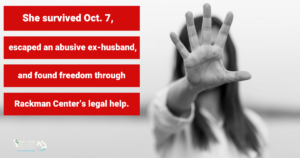Rackman Center attorneys Shay Zilberberg and Adi Raz representing the woman (pro bono) in additional supreme court hearing scheduled for March 2020.
In the rabbinical court system, the principle of equal apportionment of property between the parties plays no role and allegations of infidelity override other claims. The Rackman Center’s basic argument is that if the case had been heard by the Family Affairs Court, where unfaithfulness is not a consideration when it comes to apportioning property, the result would have been different and the woman would have received her share of the house.
There have been cases, in which the High Court has overturned rabbinical court judgments because they ignored certain property matters customary in civil courts. However, in this case, even though the judgment is inconsistent with civil law, the High Court has not seen fit to intervene. Rackman Center is asking the court to prevent a regression.
Rackman Center CEO attorney Keren Horowitz is concerned that by mixing the economic sphere with the moral sphere, the rabbinical court can leave a woman destitute after thirty years of marriage, while her partner leaves with plenty of assets. “The very fact that things are so fluid and undefined, and that every panel of judges can decide differently is in itself illogical. It creates an impossible situation, in which both men and women will be harmed, with the economically weaker side always harmed more”, she says.






